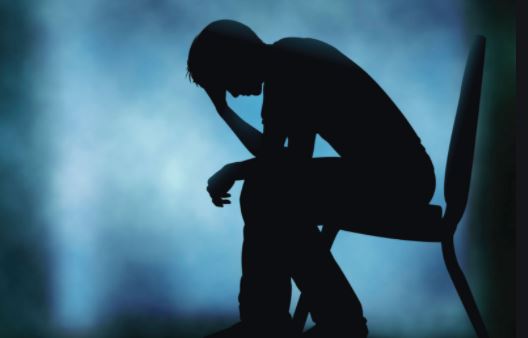
Depression is the constant prolonged sadness that tends to hide its victims from the world. And it seems to have found a special interest in acquiring male partners. According to recent Kenyan studies, suicide among men is on the rise. But why? Before answering the question, we must first understand what depression means.
The common signs of depression are sadness, emptiness accompanied by changes in life views, memory, judgement, and reasoning. But for a person to be labelled depressed, they must present five or more of these signs for two or more weeks.